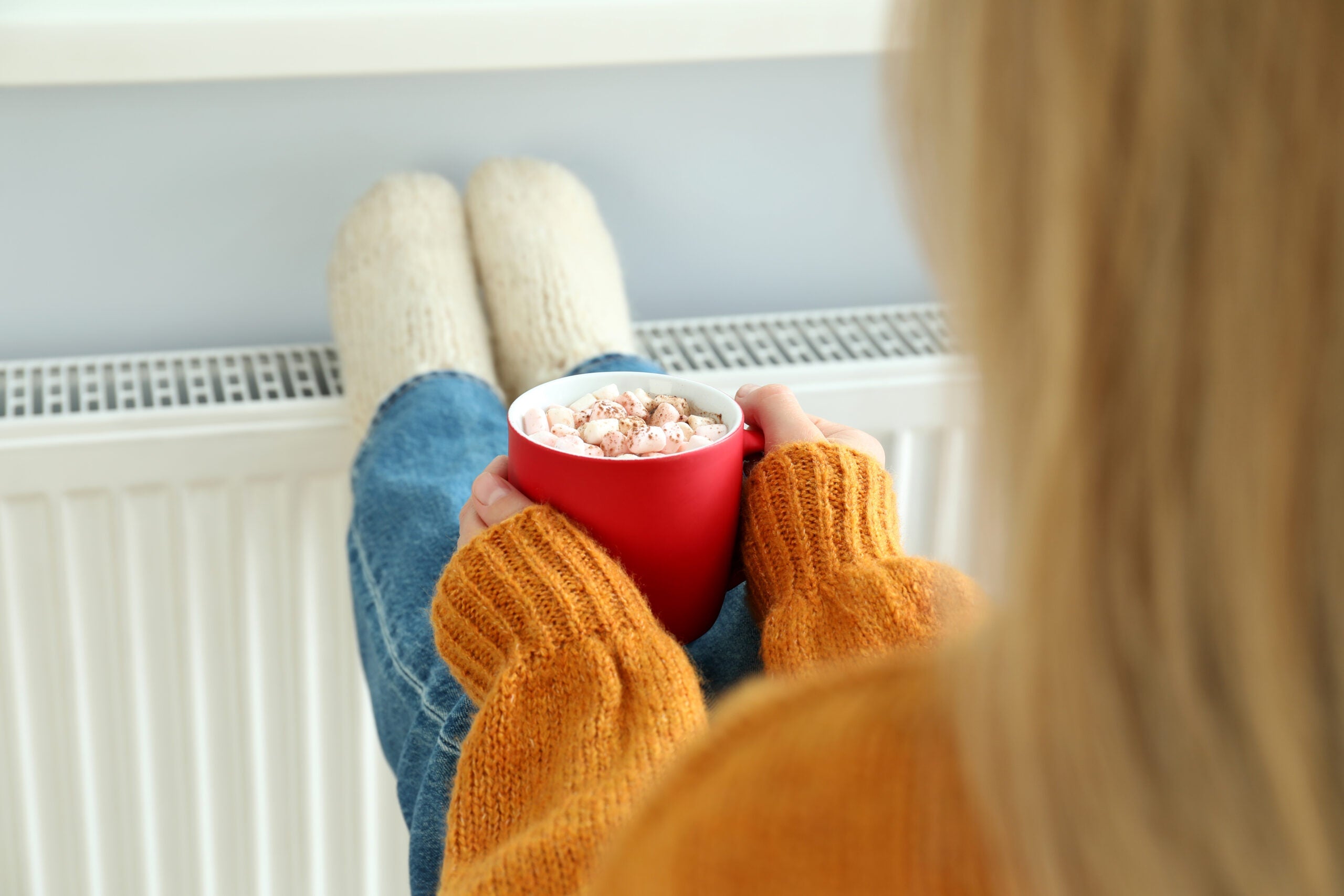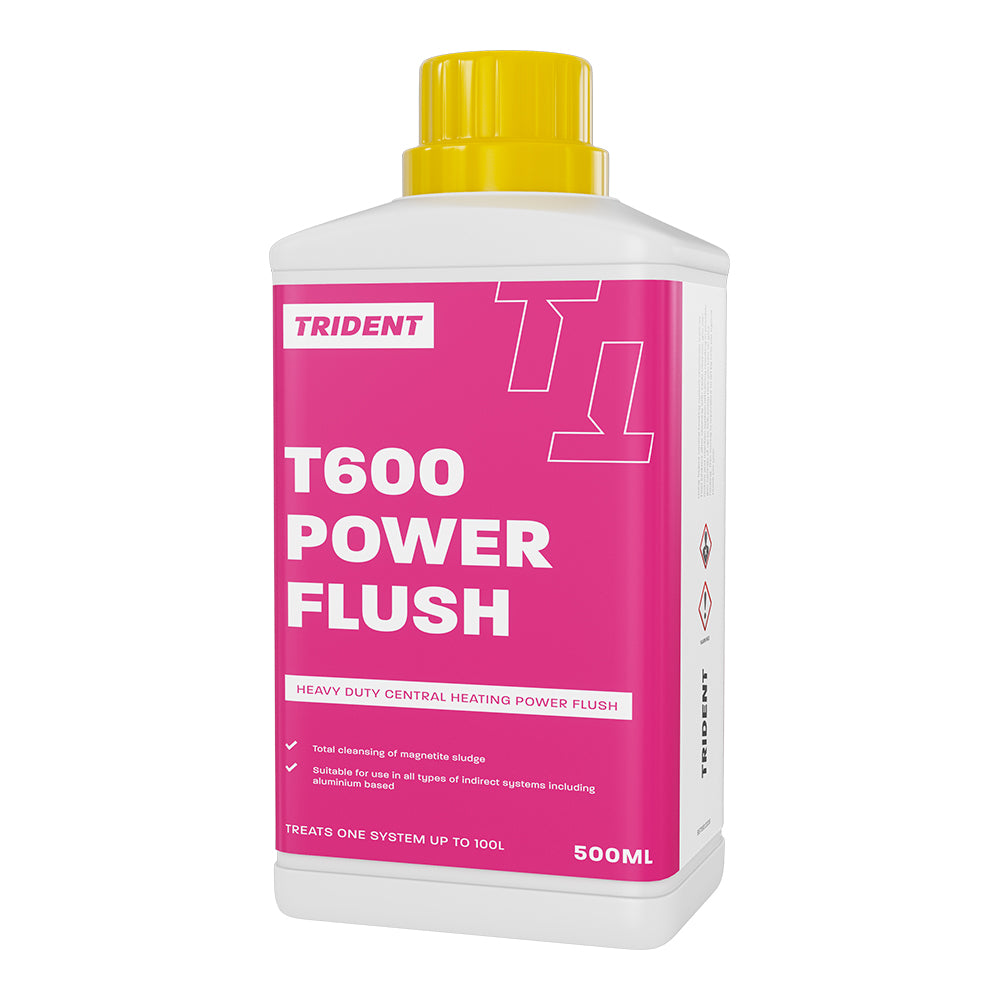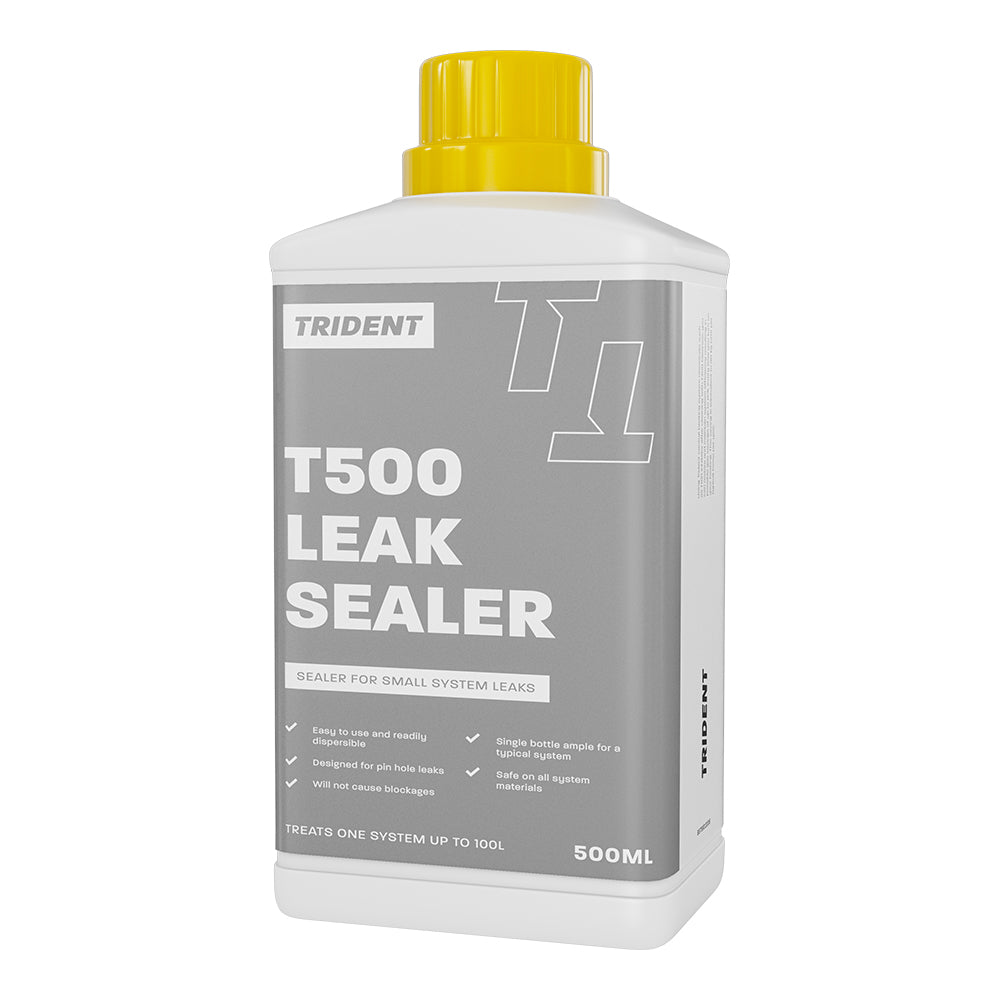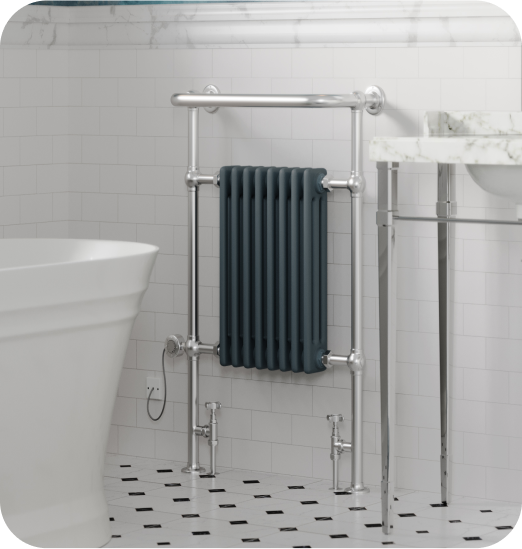
12 Steps to Saving Money On Heating This Winter
Whilst the winters in the UK might be getting cooler, it doesn’t mean you have to solely rely on your heating systems to keep you warm, and spend all your money on increased energy bills. In fact, there are several ways you can keep your home warm this winter - without breaking the bank.
UK Radiators explains it all in our blog below. Read on to find out our top 13 steps to staying warm at home during the cooler winter months…
Step 1. Avoid Placing Furniture In Front of Radiators
Don't position large, bulky furniture in front of any type of radiator - especially heat-absorbing furniture, like sofas. You end up paying to heat the back of your sofa, not the room.
An unobstructed radiator will always be better at heating a room than one with furniture in front of it. And wont work as hard to do so.
Step 2. Use A Clothes Rail To Dry Your Clothes
Use clothes rails near front of radiators to dry your clothes instead of using a tumble dryer. This way you make extra use of the energy you are already using.
However, never put clothes directly on the radiators. That will cause the room to take longer to reach the right temperature, and will therefore use more energy than necessary.
Step 3. Layer Up To Reduce Your Energy Usage
Rather than turning up the thermostat to warm up your home, wear more layers and try to spend more time in the warmest areas of the house. Just turning your thermostat down by one or two degrees can save a lot of money in the long run.
Wearing slippers will help keep your feet warm which will make you feel warmer overall. Having cold feet could be the reason you always want the heating on.
Step 4. Fix Your Heating For Cheaper Bills
Make sure your radiators and heating system are regularly maintained, checked and repaired if necessary. This includes bleeding radiators whenever you feel cold spots on them.
If something is leaking or not working properly, it’s almost certainly going to be wasting money on your energy bills.
Step 5. Make The Most Of The Little Sunlight You Get
Making the most out of sunlight can help you save on heating and lighting. In fact, according to the British Blinds Association, a good set of blinds can reduce heat loss in the home by 33%.
Opening your blinds or curtains during the day will let you maximise the energy and warmth coming in from natural light. Close them at night when it’s cooler to keep the heat in.
Step 6. Turn Down The Hot Water Temperature
If it’s an option, turn down the temperature of your hot water on your combi boiler, as this could also be wasting energy in many households.
Before changing your hot water temperature, it is vital that you first seek guidance from the HSE website as there are potential health risks associated with such activity.
Step 7. Time Your Appliance Usage
If you are on an Economy 7 or Economy 10 electricity tariff, you will get cheaper electricity at night than during the day.
This means you could save money by only turning on appliances that use more energy at night.
Step 8. Get Some Draught Excluders
Sounds obvious, but if you have cold air getting into your house, then it will cost more to keep it at the desired temperature.
Ensuring you keep the cold air out will help keep your house warmer and your bills cheaper. Draught excluders are relatively cheap to purchase and can prevent cold air seeping in through any gaps or entry points.
Step 9. Avoid The Oven If You Can
If you can swap your oven usage with an alternative, you could save money on your energy bills.
A microwave is a more energy-efficient way to cook than using an oven, or use an air-fryer. Not only is it energy efficient, it can be quicker at cooking most of the time.
Step 10. Ensure Your Fireplace Is Working
If you use your fireplace with a real burning fire, make sure the heat isn’t all escaping out of the chimney by keeping the damper in a closed position when not in use.
If you don’t use your fireplace, seal the chimney to stop warm air from escaping.
Step 11. Cover Your Pan While Cooking
Putting a lid on your pan when cooking or boiling water will greatly reduce the time it takes to boil.
This will reduce energy usage as well as your bills.
Step 12. Fill Your Kettle With Exactly What You Need
Only fill the kettle with as much water as you need. The more water that's in the kettle, the longer it will take to boil, and the more electricity it will use up.
If you just need a cup of tea, measure a cup of water and boil that instead of having the kettle full to the brim.
Keep Your Radiators Running Like New With UK Radiators
At UK Radiators, it’s our mission to help you get the best from your household heating systems. To get in touch with our friendly team, give us a call on 0333 006 8227, or send your enquiry to sales@ukradiators.com.
























